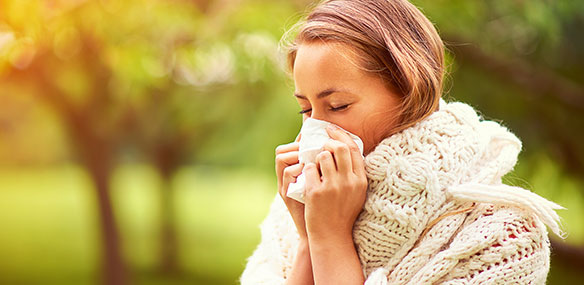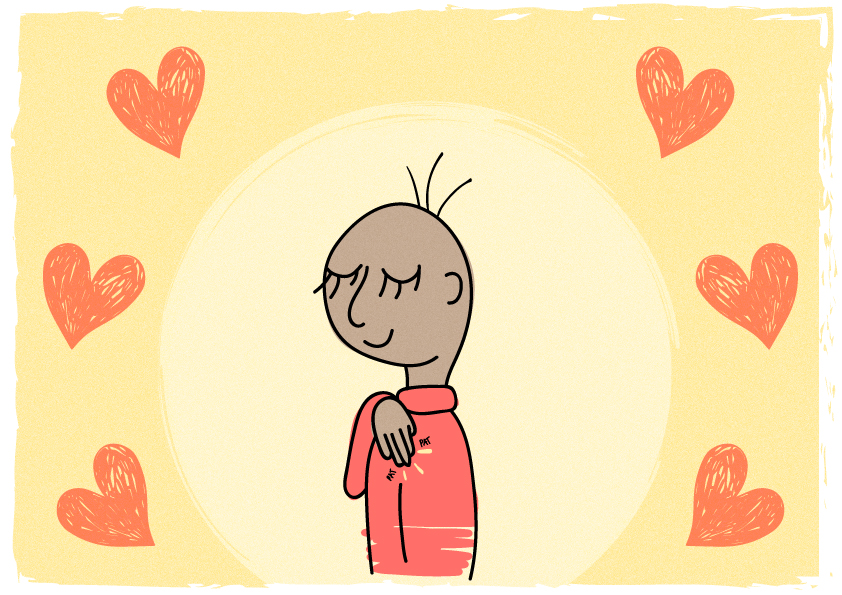The Agonies of Allergies
“Achooo!” A resounding sneeze echoes through the aisles of the grocery market, and disrupted shoppers and employees halt mid-stroll to glance around curiously for the source. My mother droops her head bashfully and mumbles to me in a nasal tone, “Wow, that was loud.” She chuckles halfheartedly and continues pushing the shopping cart. “Take good care of yourself or you just might end up like me, sneezing your way through the summer.” I nod sympathetically as I notice her struggle to stifle another sneeze.
But is it really up to me? By choosing to stick to a healthy lifestyle, can I really escape my family’s generational plague of hay fever? In my search for the answer, I had to consider the roles of both genetics and environment. If one parent has an allergy, a child’s risk of inheriting the same allergy is already at 20 to 50%. If it’s both parents, the child’s risk increases to 50 to 80%! So, genetics clearly plays a huge role in causing allergies, but environment also factors in to the development of allergies. Allergic reactions to outdoor substances, food, medication, and household pollutants can also be triggered later in life simply depending on a person’s diet, exercise, workplace, and home environment. Outdoors, we are exposed to certain allergens such as smoke, pollen, mold, and air pollutants; and indoors, we are no more shielded from allergenic materials if our homes have been selected by dust mites as their prime breeding zones.
Although young children may outgrow their allergies, adults who develop allergies may be facing a lifelong health condition. Over time, daily exposure to surrounding allergens may exceed an individual’s tolerance threshold. The body responds by producing antibodies used to fend off the allergens, but these antibodies are also implicated in initiating allergic reactions. Luckily, symptoms of allergies can be treated, and doctors can recommend the most effective treatment. For those who are still allergy-free, staying immune isn’t impossible: it simply requires caution. Here are some tips to avoid environmental allergens:
- Since mold and dust mites thrive in damp environments, don’t sleep with wet hair and air out your rooms (like bathrooms) to discourage their growth. You can keep a fan running to disperse humidity.
- Limit outdoor activities when pollen levels are at their highest. In general, pollen counts are lowest just after sunrise and gradually increase throughout the day. Change your clothes after being outdoors.
- Mow your grass often and be sure to where a dust mask while you do it. Keep windows and doors closed, and use air conditioning to help ventilate and lower the amounts of pollen entering your home.
- Exercise and eat right. A strong immune system can help you ward off unwelcome allergens.
Article by Anne Marie Jeng
Feature Image Source: Sutter Health
























